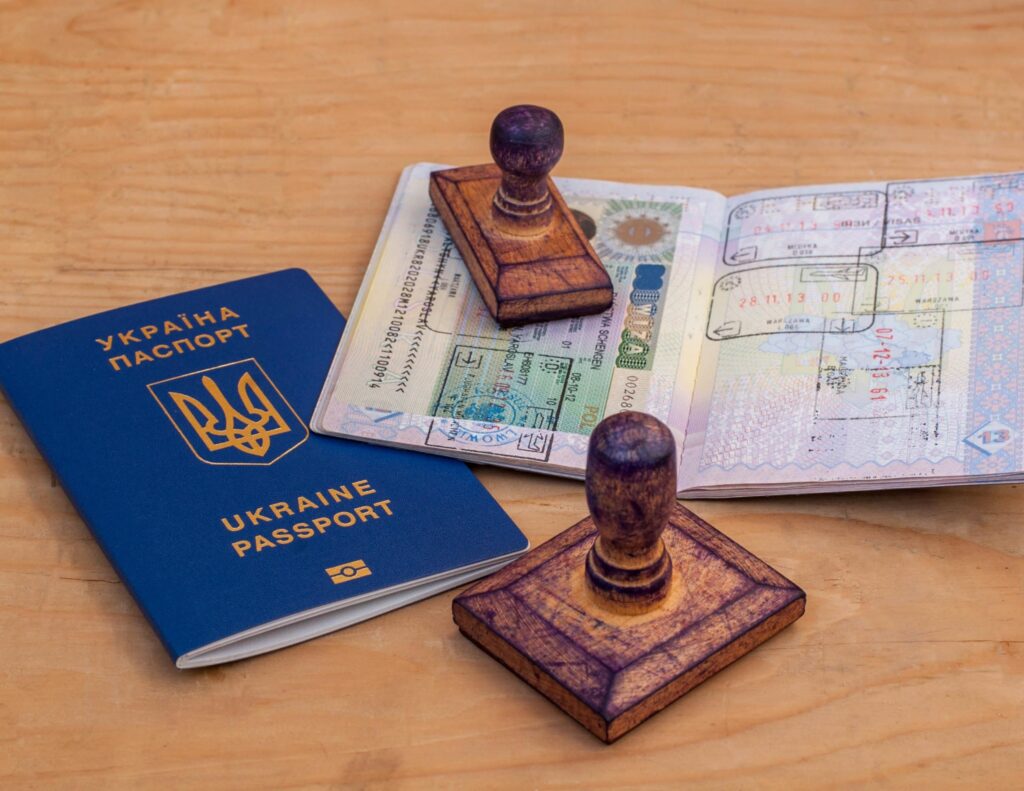
Embarking on an international education is an exciting venture, but the visa application process can be daunting. This comprehensive guide provides detailed information on student visa requirements for several popular study destinations, equipping you with the knowledge to navigate this crucial step. Remember, visa regulations can change, so always verify the most up-to-date information on the official embassy or consulate website for your target country.
Country-Specific Visa Guidelines
- USA (F-1 Visa)
The F-1 visa is specifically designed for international students pursuing academic programs in the United States. To be eligible, you must be enrolled full-time at a Student and Exchange Visitor Program (SEVP)-approved educational institution. Demonstrating sufficient financial resources to cover your tuition, living expenses, and other related costs is paramount. This often involves providing bank statements, scholarship letters, or financial guarantees. Be prepared to show that these funds are readily accessible and not tied to fluctuating investments. Furthermore, you must establish strong ties to your home country, such as family, property ownership, or a guaranteed job offer upon your return, to assure the consular officer of your intent to return after your studies. The F-1 visa application process involves several steps. First, you’ll need to pay the SEVIS (Student and Exchange Visitor Information System) fee. Then, you’ll attend a visa interview at the U.S. embassy or consulate. Essential documents for your interview include the I-20 form (Certificate of Eligibility for Nonimmigrant Student Status), your valid passport, financial statements demonstrating sufficient funds, academic transcripts, standardized test scores (like TOEFL or IELTS, if required by your program), and proof of acceptance into your chosen program. During the interview, be prepared to discuss your academic goals, your reasons for choosing the specific university, and your future career plans. - United Kingdom (Tier 4 Student Visa)
For students aspiring to study in the UK, the Tier 4 Student visa is essential. A confirmed offer of acceptance from a licensed educational institution is a prerequisite. Similar to the U.S., you must demonstrate sufficient funds to cover your tuition and living costs. The UK also has specific English language proficiency requirements. Accepted tests include IELTS, TOEFL, and others specified by your institution. Check with your university for their specific language requirements and accepted tests. The Tier 4 visa application is primarily online. You will also need to provide biometric information (fingerprints and photograph) at a designated visa application center. A visa interview might be required. Key documents include your Confirmation of Acceptance for Studies (CAS), financial documentation (bank statements, scholarship letters), passport, and proof of English language proficiency. Be sure to check the UK government’s website for the latest financial requirements and acceptable evidence. - Canada (Study Permit)
International students wishing to pursue their education in Canada require a Study Permit. This permit allows you to study at a Designated Learning Institution (DLI). A letter of acceptance from a DLI is a fundamental requirement. You must also demonstrate proof of financial support for your tuition, living expenses, and return transportation. Health insurance coverage is also mandatory. If you plan to work part-time while studying in Canada, you can apply for a work permit concurrently with your study permit application. Biometric information (fingerprints and photograph) is usually required. Some applicants may be selected for a visa interview. Required documents typically include the acceptance letter from the DLI, financial documentation, proof of health insurance, a valid passport, and any other documents specified by the Canadian immigration authorities. - Australia (Student Visa Subclass 500)
The Student Visa Subclass 500 is the visa category for international students looking to study in Australia. Enrolment in a full-time course at an Australian educational institution is a must. You will need to provide evidence of sufficient financial capacity to support yourself during your studies. Meeting English language proficiency requirements is also essential. Accepted tests and required scores vary by institution, so check with your chosen university. The application process for the Subclass 500 visa involves submitting documents such as the Confirmation of Enrolment (CoE), your passport, financial evidence, details of your Overseas Student Health Cover (OSHC) health insurance, and proof of English language proficiency. Depending on your country of origin and individual circumstances, you might be required to attend a visa interview. - Germany (Student Visa)
Germany offers a student visa for non-EU international students who have gained admission to a German university. Proof of admission to a recognized German university is a primary requirement. You must also demonstrate sufficient financial resources to cover your living expenses, which is typically around €10,000 per year. Health insurance coverage is mandatory in Germany. A valid passport is, of course, essential. In some cases, applicants may need to provide a blocked account statement (Sperrkonto) as proof of financial resources. This is a special account where you deposit the required funds, and you can only withdraw a limited amount each month. Proof of accommodation in Germany may also be required. Visa interviews at the German consulate are sometimes necessary.
FAQs about Visa Interviews
- What documents do I need for my visa interview?
Beyond the documents mentioned above for each country, it’s crucial to organize them neatly and ensure they are translated into the required language if necessary. Bring originals and copies of all documents. Additional documents might include a police certificate from your home country, a detailed travel itinerary, and letters of recommendation. - What should I expect during the visa interview?
The visa interview is your opportunity to demonstrate your genuine intent to study and return home after your studies. Be prepared to answer questions about your academic background, your chosen program, your reasons for studying in that particular country, your financial resources, your future career plans, and your ties to your home country. Practice your answers beforehand and be confident and concise in your responses. - How long does the visa interview take?
While the interview itself might be short, the entire process at the embassy or consulate can take longer. Arrive early and be prepared to wait. - What happens if my visa is denied?
If your visa is denied, don’t lose hope. Carefully review the reasons for the denial and address the issues in your reapplication. You may need to provide additional documentation or clarify certain points. Seeking advice from an immigration lawyer or consultant can be helpful. - Can I bring family members to the visa interview?
Typically, only the visa applicant is required to attend the interview. Family members may need separate appointments if they are applying for dependent visas. Check the embassy’s website for country-specific guidelines. - What should I wear to the visa interview?
Dress in business casual attire. While there’s no strict dress code, appearing neat and professional can help make a good impression on the visa officer. - How soon can I schedule a visa interview?
Visa interview scheduling times vary by country and location. It’s advisable to schedule your interview several months in advance to ensure you have enough time to gather documents and handle any unexpected issues.
Following the visa application guidelines carefully and being prepared for the interview will help increase your chances of approval. Always check the specific requirements for the country you are applying to, as they can vary widely.
Pre-Departure Preparations:
Once your visa is approved, begin making arrangements for your trip. Book your flights and accommodation. Research the culture and customs of your host country. Pack appropriately for the climate and your needs. Inform your bank and phone provider of your travel plans. Make copies of all important documents, including your visa, passport, and acceptance letter.
Conclusion:
Securing a student visa is a critical step in your international education journey. By thoroughly researching the requirements for your chosen country, preparing your documents carefully, and practicing for your visa interview, you can significantly increase your chances of success. Remember to always consult the official embassy or consulate website for the most accurate and up-to-date information. Good luck with your visa application and your studies abroad!



